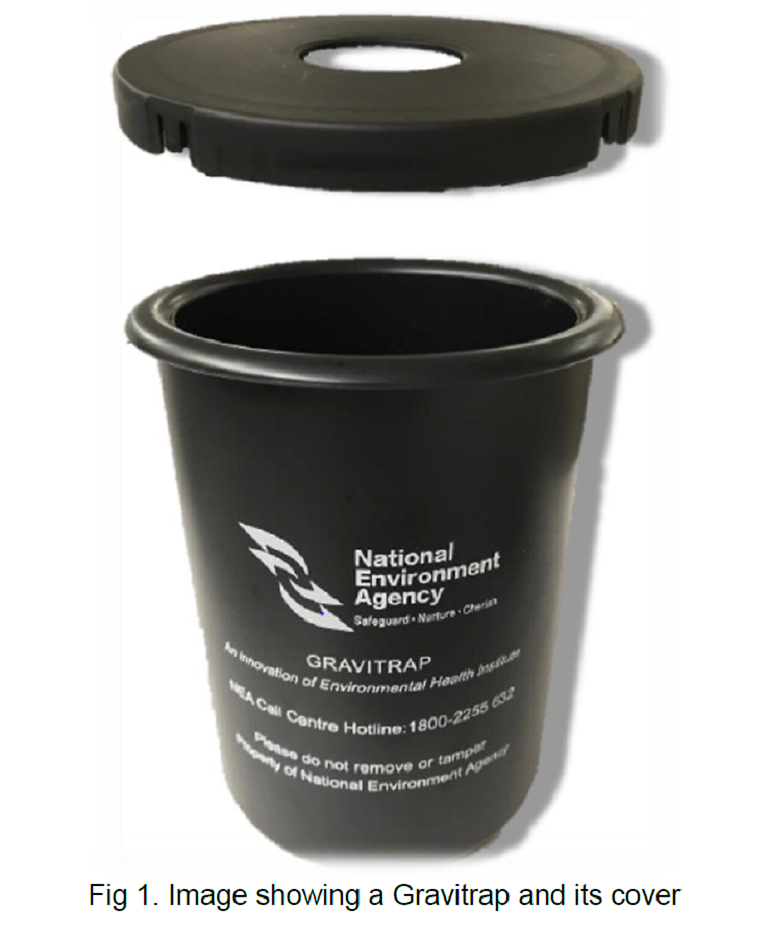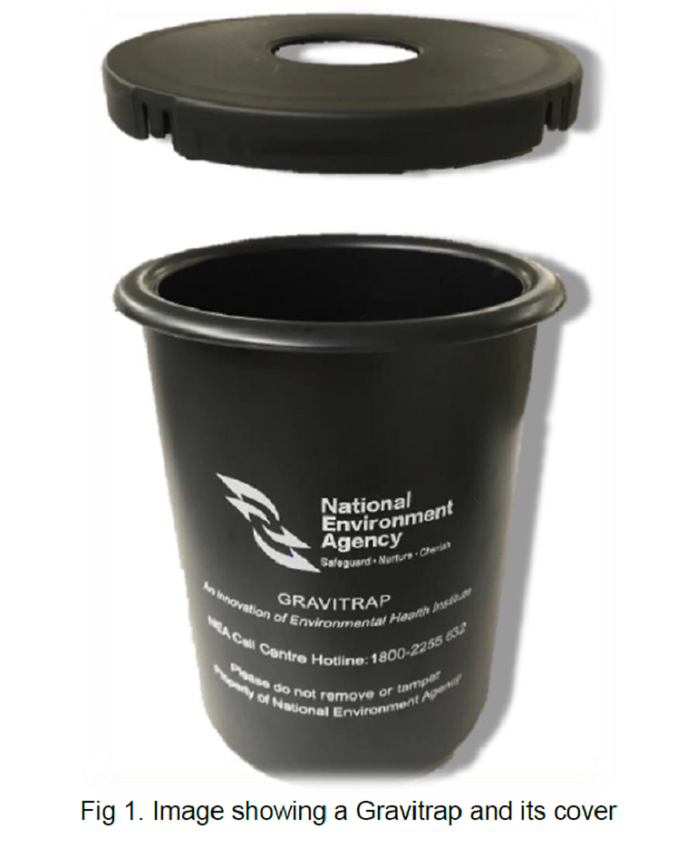SINGAPORE: The first quarter of this year saw a three-fold increase in the number of dengue cases compared to the same period in 2018, the National Environment Agency (MEA) said in a media release on Sunday (Apr 7).
More than 2,000 cases have been reported since January.
NEA said even though it detected seven per cent less Aedes aegypti mosquitoes in March 2019, compared to in March 2018, it found from its Gravitrap surveillance system that the mosquito population remained high.
“Our neighbouring countries have also reported sharp increases in dengue cases in recent months. The warmer months of June to October usually see higher transmission of dengue in Singapore, due to the accelerated development of the Aedes mosquito and the shorter incubation period of the dengue virus,” NEA said.
It expects an increasing trend in dengue cases in the warmer months ahead, if active steps are not taken to keep the mosquito population in check.
In March, a 71-year-old woman became the third person to die from dengue this year, amid a spike in the number of cases.
The report followed the deaths of two elderly men in February.
READ: Dengue cases reported in first week of 2019 hit highest in more than two years
Minister for the Environment and Water Resources Masagos Zulkifli urged members of the public and stakeholders to stay vigilant and not let their guard down.
Speaking at the main launch of the National Dengue Prevention Campaign 2019 at the North West District, Mr Masagos made the call for a concerted effort to step up mosquito and dengue prevention efforts, to keep dengue transmission under control in the run up to the peak dengue season.
USING TECHNOLOGY, INNOVATION
NEA also added that it intends to progressively deploy Gravitraps at newly completed HDB blocks, and expand the Gravitrap surveillance system to landed housing estates, in the second half of 2019.
The Gravitrap, developed by NEA’s Environmental Health Institute (EHI), is designed to attract and trap female Aedes mosquitoes that are looking for sites to lay their eggs.
Such mosquitoes are not looking for a blood meal and hence will not bite people.
Female mosquitoes attempting to lay their eggs in these containers will be captured and thus prevented from biting other people subsequently. The Gravitrap also traps and prevents the emergence of any mosquitoes from eggs that are laid in the trap.
About 50,000 Gravitraps have been deployed islandwide by NEA to monitor the Aedes mosquito population in Singapore.

The data on mosquitoes caught in these traps has been used to guide NEA’s inspection efforts to focus on areas with high Aedes mosquito populations, thus enabling more efficient deployment of limited manpower resources, the agency said.
Through the deployment of the Gravitrap surveillance system, NEA said it was able to remove 21 per cent more mosquito breeding habitats last year, compared to 2017.
Separately, the agency has also begun the Phase 3 field study of Project Wolbachia – Singapore at the expanded Tampines West and Nee Soon East study sites, to determine if suppression of the urban Aedes aegypti mosquito population can be sustained in larger areas.
In the recently concluded Phase 2 field study, 80 per cent and 70 per cent suppression of the urban Aedes aegypti mosquito population were achieved at the Nee Soon East and Tampines West study sites respectively, NEA said.
The results thus far show that a larger release site yields better results, and community effort in keeping the mosquito population low will enhance the effectiveness of Wolbachia technology, the agency added.





